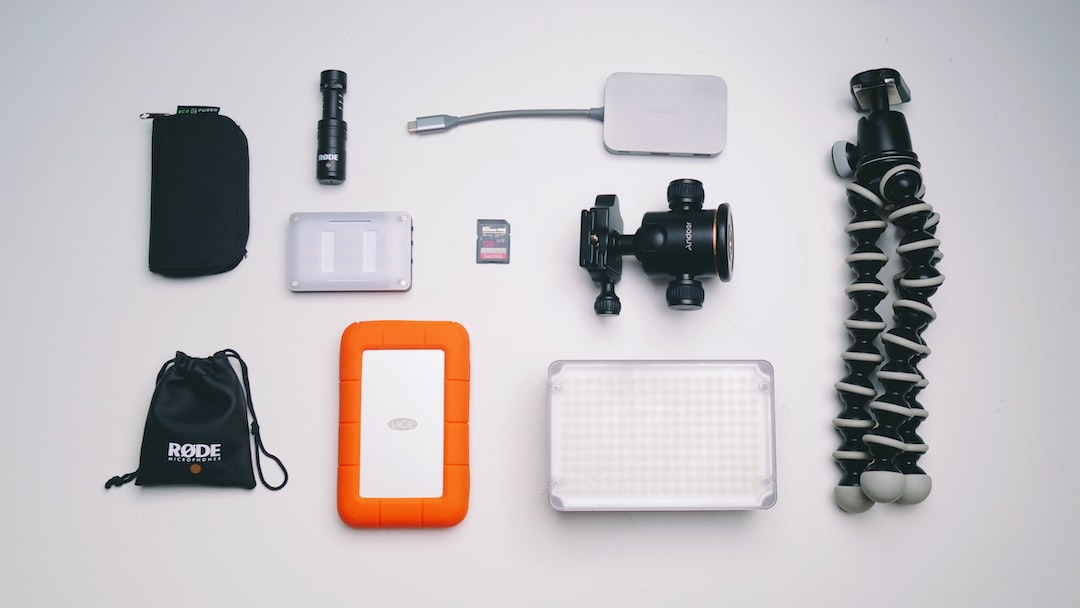Tips for Maintaining Work-Life Balance in High-Pressure Jobs
In today’s fast-paced and demanding work environment, many professionals find themselves struggling to maintain a healthy work-life balance. High-pressure jobs can often lead to long working hours, constant stress, and very little time for personal life. However, it is crucial to find a balance between work and personal commitments to avoid burnout and maintain overall well-being. Here are some useful tips to help individuals in high-pressure jobs achieve and sustain a healthy work-life balance.
1. Prioritize and set boundaries:
One of the most crucial aspects of maintaining work-life balance is setting priorities and boundaries. Clearly define your work hours and try to adhere to them as strictly as possible. Create a schedule that allows for breaks and personal time, and communicate your boundaries to colleagues and superiors. Do not shy away from saying “no” to excessive work demands or projects that can hinder your personal life.
2. Establish a routine:
Having a well-structured routine can significantly help in managing a high-pressure job while maintaining a balanced personal life. Plan your day in advance, allocate specific time slots for work tasks, personal commitments, and self-care activities. Following a routine can provide a sense of control and help avoid any unwarranted distractions from either work or personal life.
3. Learn to delegate:
Many individuals with high-pressure jobs tend to have a higher level of responsibility and workload. However, it is essential to delegate tasks whenever possible. Identify areas where you can transfer some responsibilities to colleagues or subordinates. Delegating tasks not only eases your workload but also provides opportunities for others to develop their skills and take on more responsibility.
4. Practice effective time management:
Time management is the key to maintaining a work-life balance. Prioritize your tasks by urgency and importance, and allocate time accordingly. Make use of time management techniques, such as the Pomodoro Technique, which suggests working in intervals with short breaks. Avoid multitasking as it often leads to inefficiency and increased stress levels. Instead, focus on one task at a time and give it your full attention.
5. Take regular breaks:
Taking regular breaks throughout the workday is essential for maintaining productivity and avoiding burnout. Schedule short breaks between tasks to relax and clear your mind. Use this time to engage in activities that help you recharge – take a walk, read a book, meditate, or listen to music. Disconnecting from work, even for a few minutes, can make a significant difference in your overall well-being.
6. Prioritize self-care:
Often, individuals in high-pressure jobs neglect their own well-being due to excessive work commitments. However, self-care is crucial for maintaining work-life balance. Engage in activities that help you relax and rejuvenate. Exercise regularly, get enough sleep, eat healthily, and make time for hobbies and interests. Prioritizing self-care allows you to recharge and be more mentally and physically prepared to handle work challenges.
7. Unplug from technology:
In today’s digital age, it is easy to be constantly connected to work, which can hinder work-life balance. Make it a habit to unplug from technology during your non-working hours. Avoid checking work emails or taking work-related calls during your personal time. This will help you create a clear distinction between work and personal life, allowing you to fully enjoy and engage in your non-work activities.
8. Seek support:
In high-pressure jobs, it is important to seek support when needed. Reach out to your colleagues, friends, or family members to share your challenges and concerns. Sometimes, simply talking about your work pressures can provide relief and perspective. Additionally, consider seeking professional help, such as counseling or coaching, to develop effective coping mechanisms and better manage stress.
Maintaining work-life balance in high-pressure jobs is undoubtedly challenging. It requires conscious effort and a commitment to prioritize personal well-being alongside professional success. By implementing these tips and consistently evaluating and readjusting your approach, you can achieve a healthier work-life balance and preserve your overall happiness and satisfaction. Remember, investing in your well-being is not only beneficial for yourself but also for your career in the long run.
